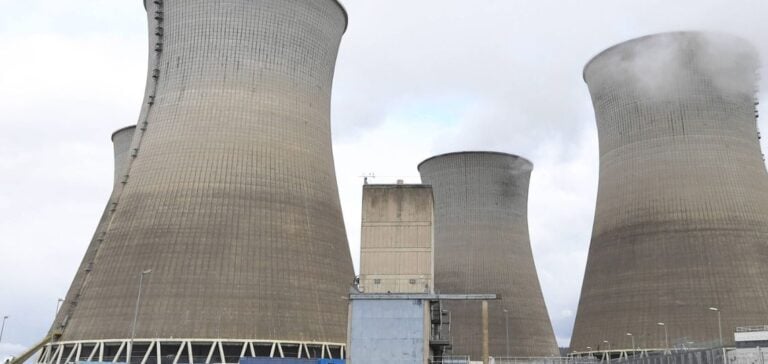MPs and senators reached agreement on Wednesday on the bill to merge ASN and IRSN, formalizing the creation of a new entity, the Autorité de sûreté nucléaire et de radioprotection (ASNR). This legislative breakthrough, the result of a joint commission (CMP), aims to strengthen the governance of the nuclear sector through a more integrated organization. The aim announced by the government is to streamline the sector, which is in the midst of an atomic revival, by merging these two pillars, which have around 530 and 1,740 agents respectively.
Controversy and consensus
The debate surrounding the reform was particularly animated by the distinction between the roles of decision-makers and experts within the future ASNR. Despite objections, notably from Socialist MP Anna Pic, who criticizes the end of the separation between these two functions, a consensus was reached. According to Les Républicains senator Patrick Chaize, co-rapporteur on this text, the aim of this reform is to clarify roles while preserving the effectiveness and independence of nuclear safety assessment.
Procedures and policy implications
The agreement also provides for a new nomination process for the Orano Group Chairman, underlining a desire to strengthen political control over key appointments in the nuclear sector. This process, based on Article 13 of the Constitution, marks a significant step forward in the relationship between the executive and the nuclear sector. Thanks to the Office parlementaire d’évaluation des choix scientifiques et technologiques, the Senators have also obtained a right of scrutiny over the ASNR’s draft internal regulations, highlighting the importance of parliamentary oversight and control over this new structure.
The draft reform of nuclear safety governance will be put to a final vote in both chambers on April 9, with the outcome particularly closely scrutinized in the National Assembly, where deputies approved the reform by just one vote on March 19. This suspenseful vote, notably due to the surprise opposition of the Rassemblement National, highlights the political divisions and diverse expectations regarding the future of nuclear safety in France.





















